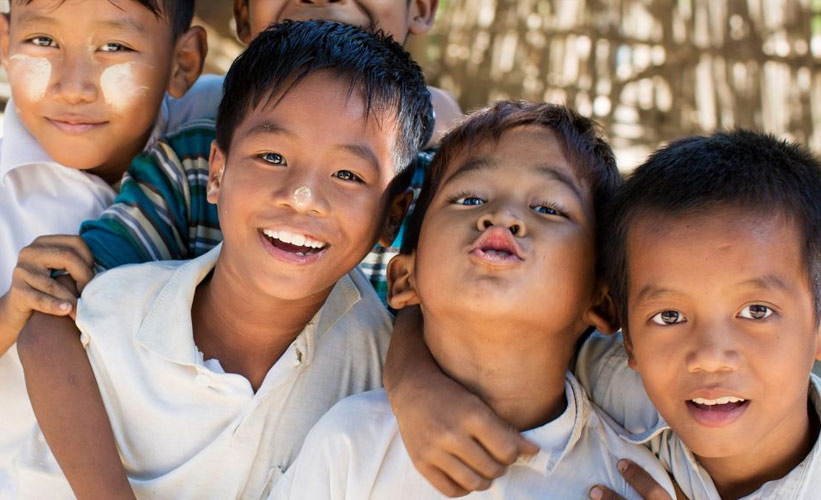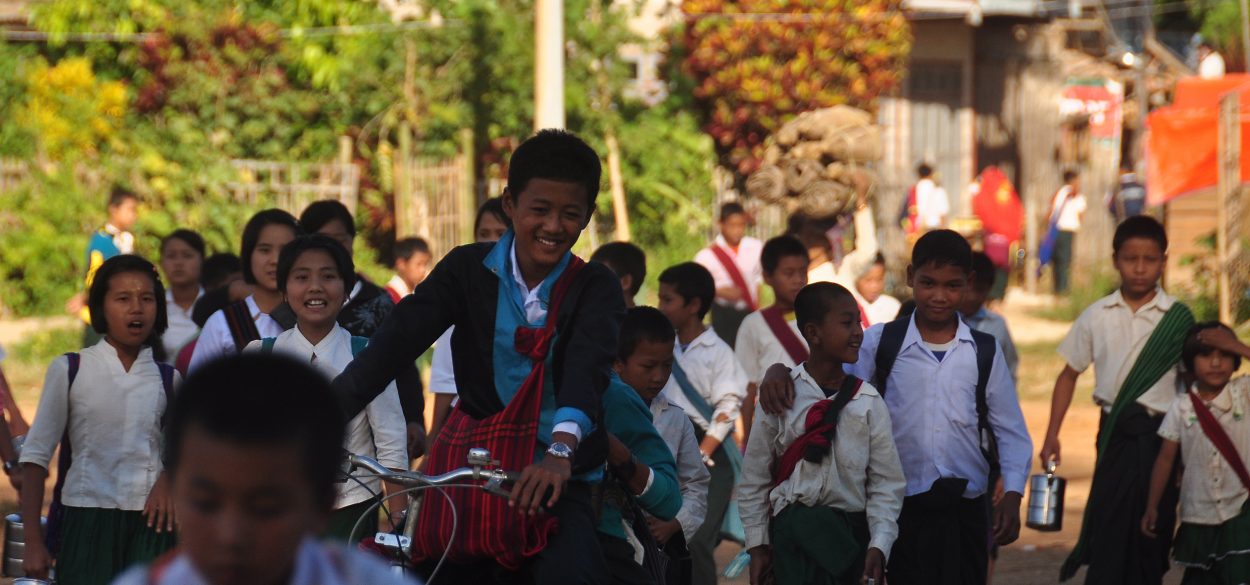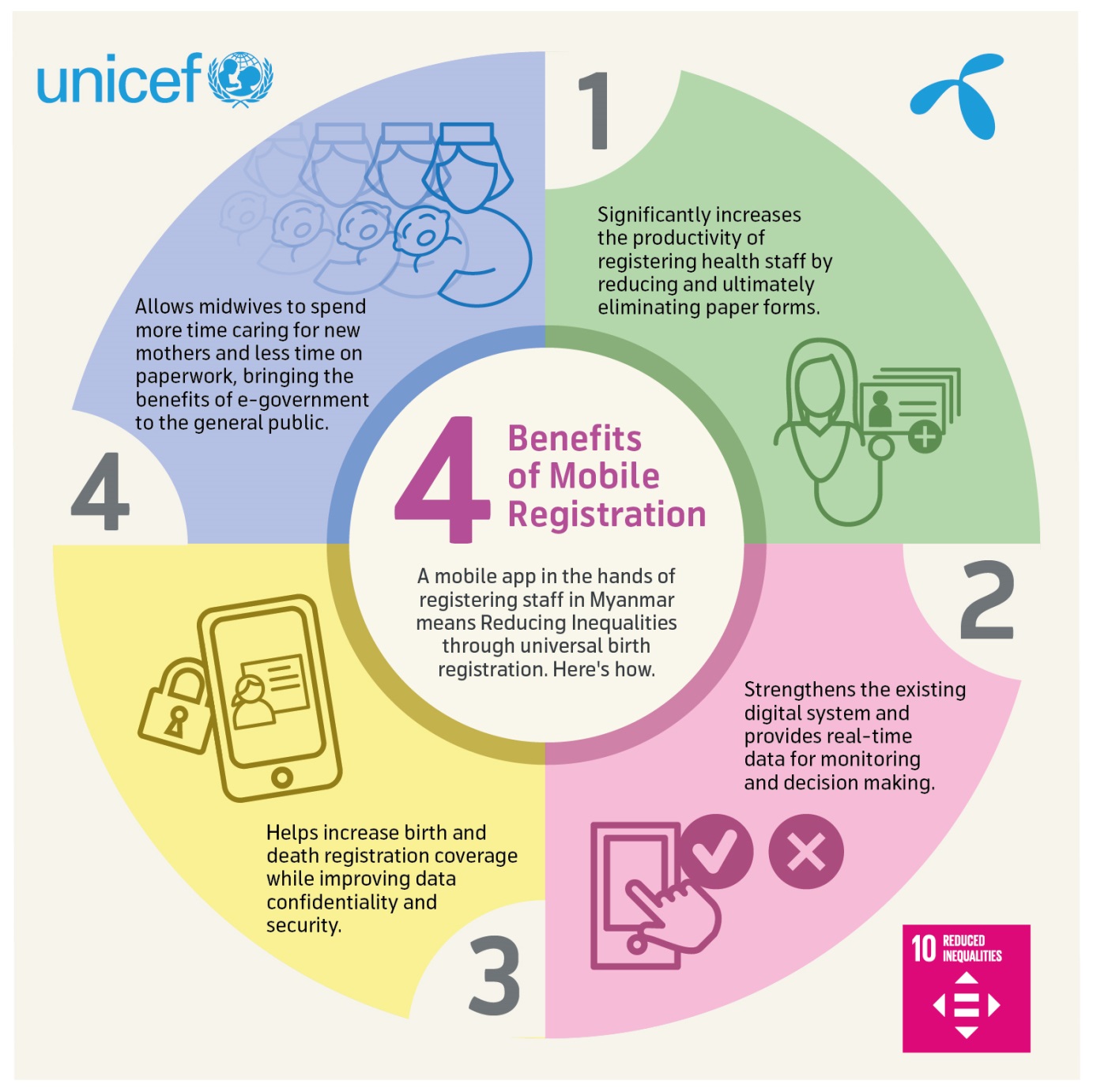Digitising birth registration in Myanmar

More than one billion people in the world today lack an official identity. The ability to prove one’s identity is crucial to social, political and economic inclusion and enables greater access to basic services such as healthcare and education. Changing this reality is a challenge, but also an opportunity to reduce inequalities on a huge scale.
Scaling Digital Birth Registration to Myanmar
Following the success of a first-of-its-kind Digital Birth Registration pilot by Telenor Pakistan, Telenor Group and UNICEF announced in August 2018 that its successful mobile birth registration pilot will be scaled to Myanmar.
Endorsed by the Government of Myanmar, both organisations signed a partnership agreement for a Mobile Birth and Death Registration (MBDR) project that will leverage Telenor’s innovative digital services and connectivity to bring the benefits of e-government to the public in Mon State, south-eastern Myanmar.
Although Myanmar already uses an electronic platform (eVR) to archive birth and death records at Union, State and Region levels, registration at townships is completed using paper forms. The agreement signed to extend eVR to Mon State is targeted to increase birth and death registration coverage, improve data confidentiality and security and reduce the use of additional resources to fill, print and transport paper forms.

How Mobile Enables DBR in Myanmar
Telenor’s nationwide coverage makes it possible for all necessary data to be registered in real time on a mobile device, which increases the efficiency of birth registration. The pilot will allow midwives to enter birth and death registration on a smartphone application. Township health offices then receive and register this information and issue certificates using a digitalised recording system instead of the previously manual method.
Using this service, not only will it be possible to provide a birth certificate within one month instead of the usual three to six months, health workers will also have more time on their hands to focus on important mother and child health issues. In addition to the financial support, Telenor Group will grant free data access to MBDR’s web-based platform and provide training to midwives on how to register information and manage the digital system.

Partnering to Reduce Inequalities
To unlock the benefits of the digital revolution and demonstrate how more can be achieved with connectivity, partnerships with governments, organisations like UNICEF and other businesses are essential.
UNICEF Representative to Myanmar, June Kunugi, reiterates the importance at the launch, “We enter this partnership having witnessed the results of a recent birth registration campaign in Myanmar that opened the door for children to go school and access other basic services. The support from Telenor Group will be a game changer in allowing UNICEF to support the Government of Myanmar to reach all children through establishing a digital vital statistics system.”
Telenor Group has a global ambition of facilitating access to identity for seven million individuals across our footprint by 2020 through our technology.